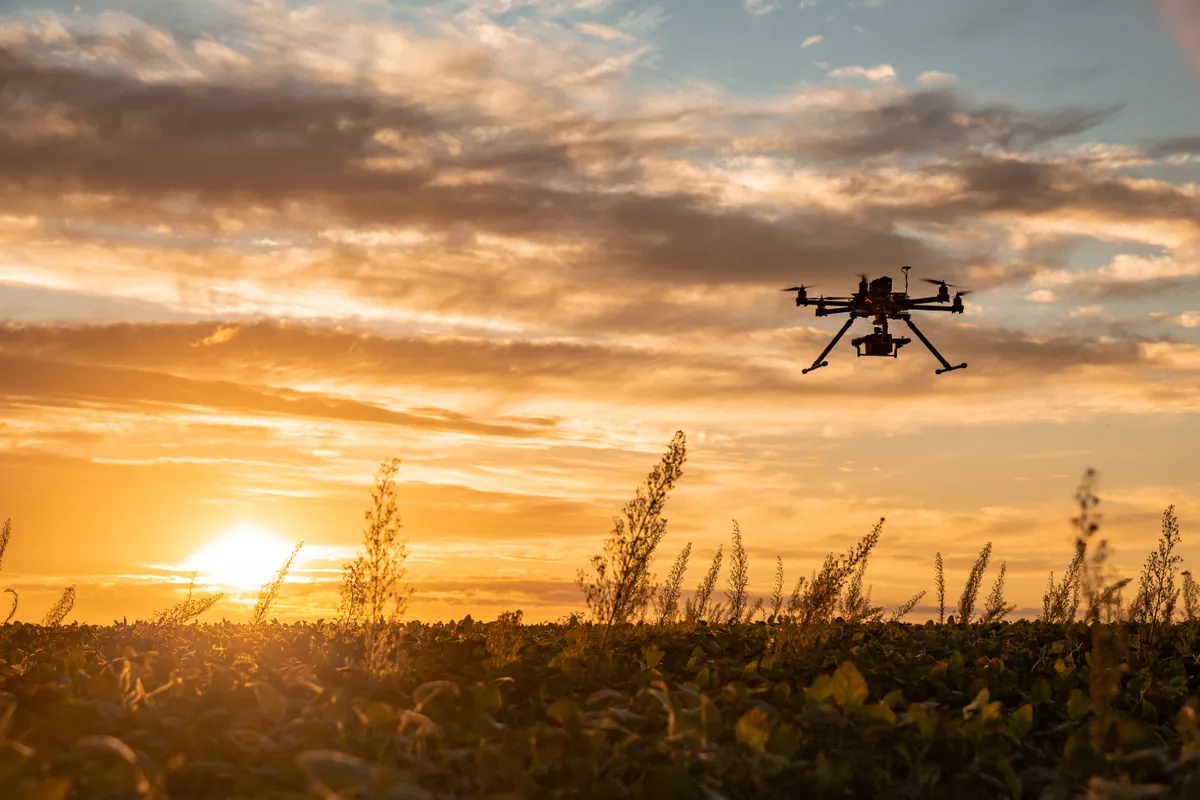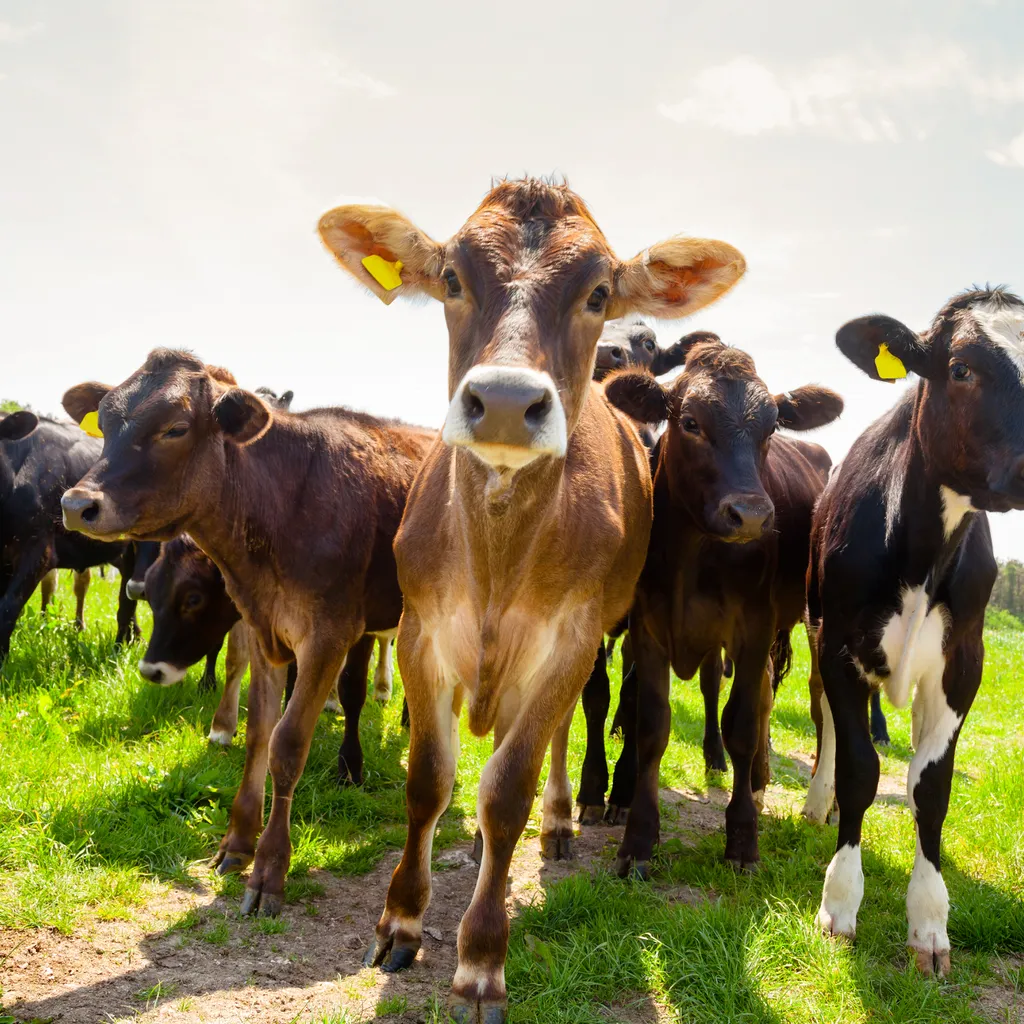Mention AI to any self-respecting cattle breeder or livestock farmer and they will wax lyrical about the benefits of artificial insemination.
They’ll talk about bloodlines, the quality of donor sperm and the importance of genetic diversity until the cows come home (literally). But increasingly, discussions on the farm are dominated by a different type of AI: artificial intelligence and how the enormous strides being made in technology are changing agriculture in a way that was unthinkable just a few years ago.
- Adam Henson: Farmers have a responsibility to maintain footpaths on their land
- Adam Henson: Striving towards net zero on the farm
Take drones, for instance. The first agricultural drone took to the air 23 years ago and they have become invaluable in monitoring and mapping fields from above to spot damaged crops and areas of weed or pest infestation. But soon, the technology will be so advanced there will be no need for a human operator, crops will be precision-sprayed automatically from the drone, and they’ll be able to land unaided to allow an onboard robot to take a soil sample.

New AI systems for livestock
Of course, many dairy farms are already high-tech locations, with robotic milking machines and GPS collars on every cow. Eventually, though, even that will seem old hat. At Harper Adams University in Shropshire they are developing AI systems that will cover the entire livestock enterprise.
I visited their trial farm and was amazed to see more than 70 cameras beneath the roof of the cattle shed with software that recognises individual cows and can log their behaviour, eating habits and milking efficiency to flag up signs of distress or illness.
Mark Rutter is professor of applied animal behaviour at the university and he’s confident something similar can be done with grazing livestock on pasture, with drones replacing the fixed cameras. “In the past four or five years we have gathered large amounts of data on-farm,” he told me. “It really is helping to increase the efficiency of production and improve animal welfare, so we’re seeing all of these benefits.”
Once the information from cameras, sensors and monitors is processed, analysed and synced with existing machinery, such as robotic fruit-pickers or weed-control lasers, anything is possible. It won’t be long before it’s normal to run an entire farm from a phone. It’s something the team at the Lincoln Institute for Agri-Food Technology have been talking about for several years and it’s not as far-fetched as it sounds. I already get updates on my mobile phone during the key planting and harvesting seasons.

Adapting for survival
Of course, farming has evolved through huge transformationsin the past. The Industrial Revolution in the 1700s saw an exodus from the country to new cities; the Technological Revolution brought the railways, the telegraph and electricity into everyday life in Victorian times, and the Digital Revolution has computerised a world that previously relied on landlines and ledgers. Farmers have adapted to survive before and we can do it again.
It will take years before many AI advances are available to everyone; even then the cost of investing in new tech could prove to be an obstacle for some farmers. But British agriculture isn’t being left behind in the AI revolution. Quite the reverse, in fact. I’m encouraged that some of the brightest brains at the most respected institutions are already working on how farming – and farmers – can reap the rewards of this new era.
More by Adam
